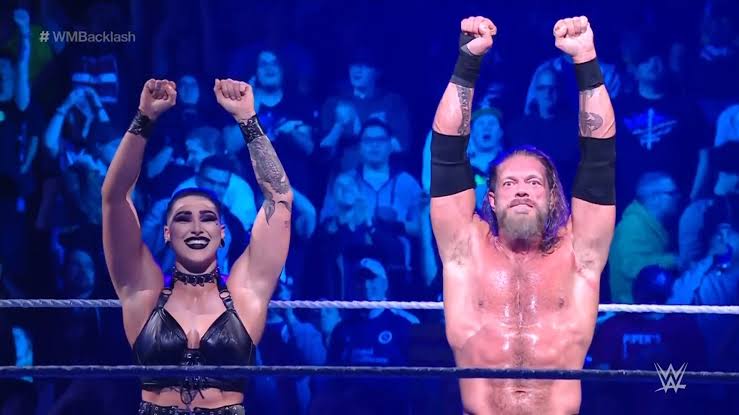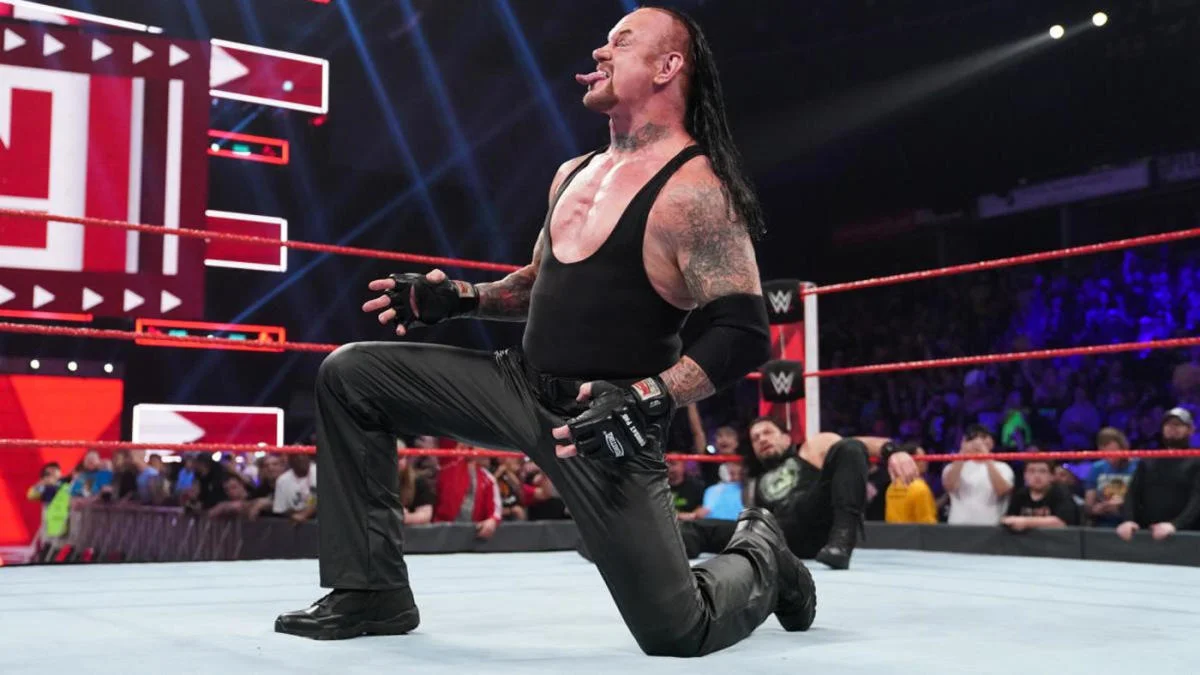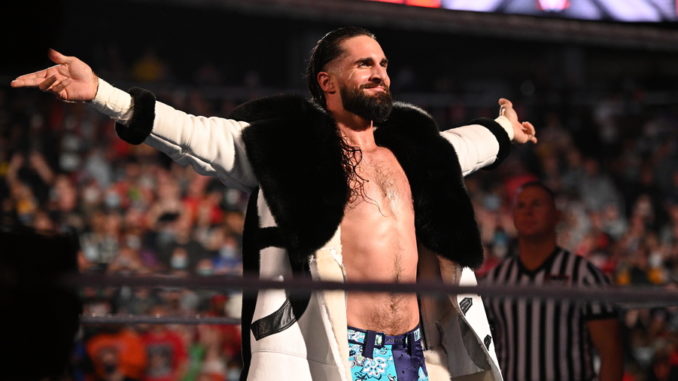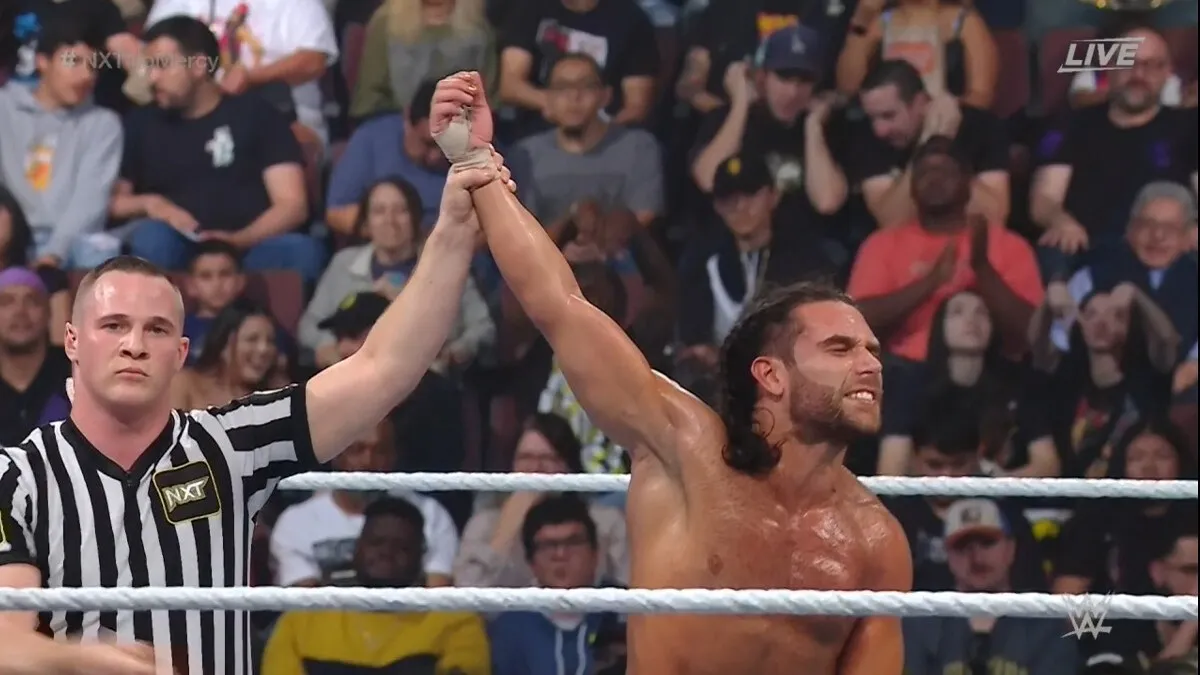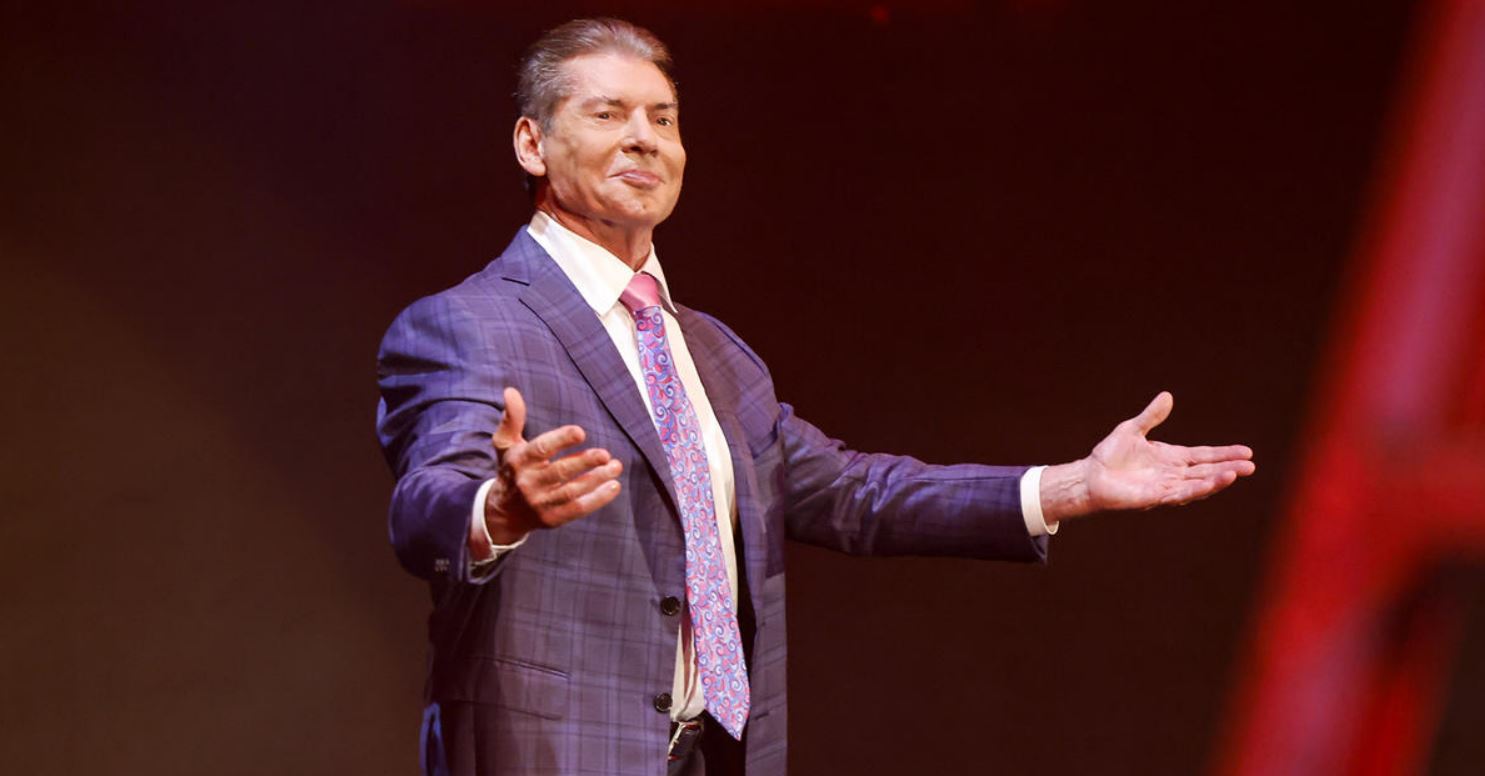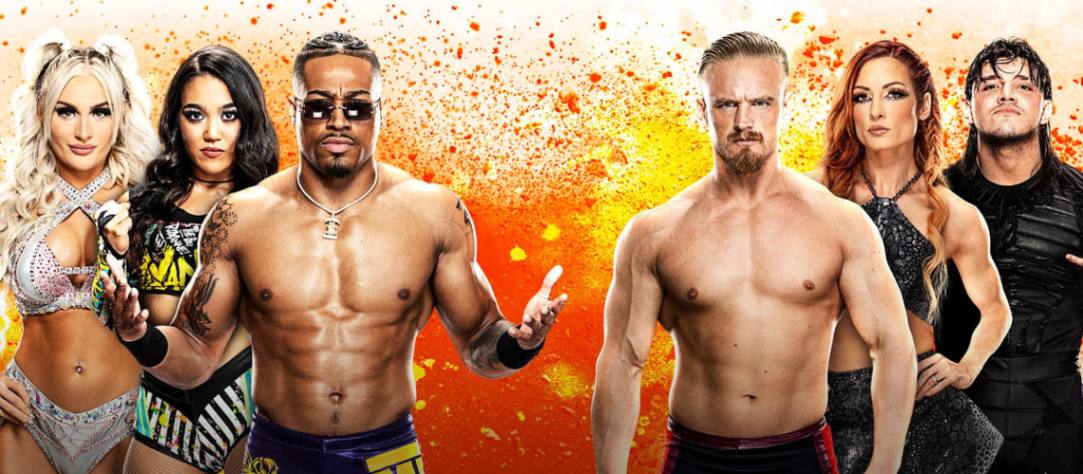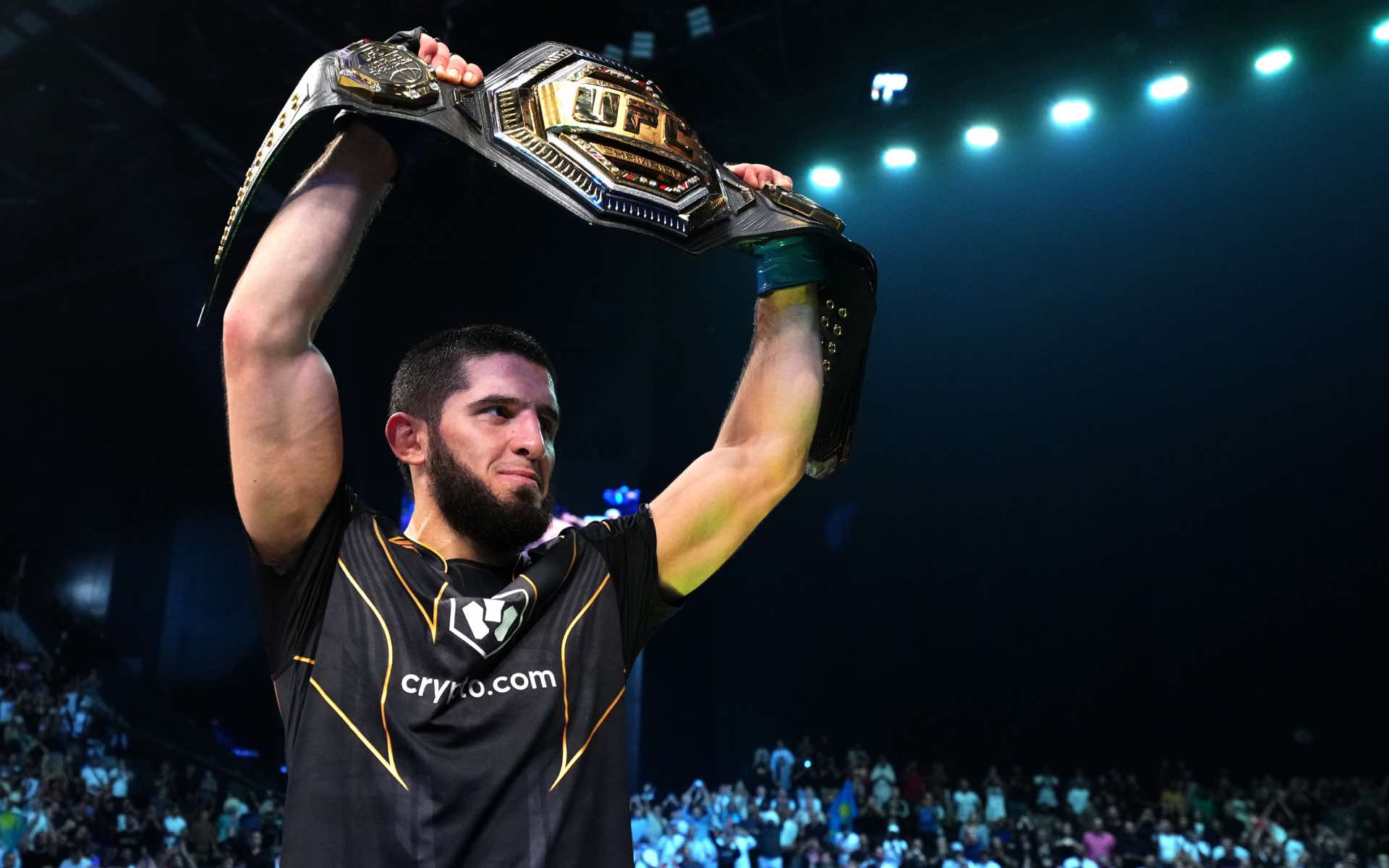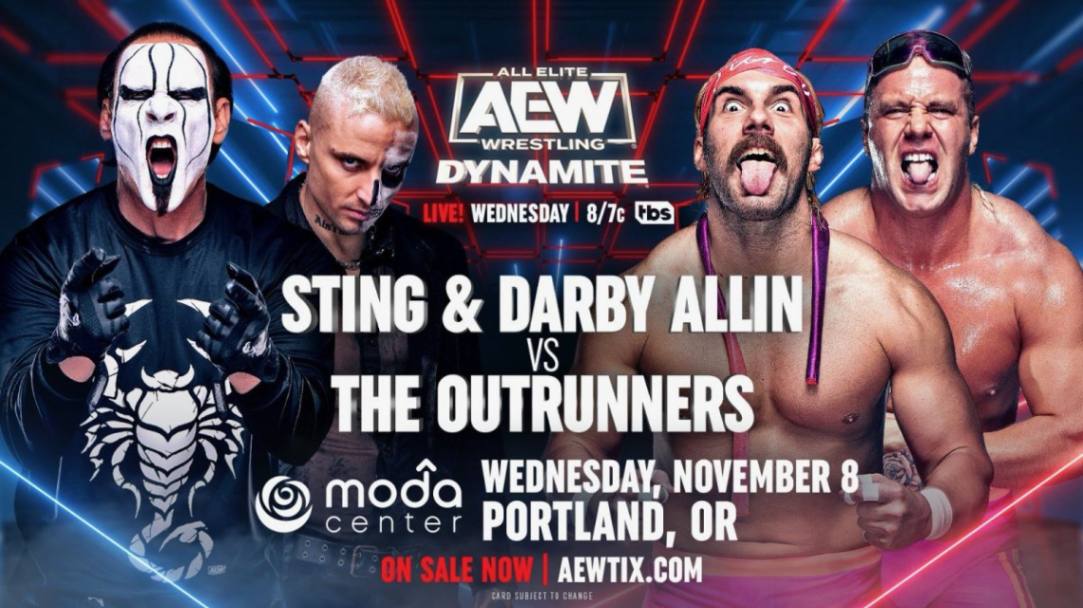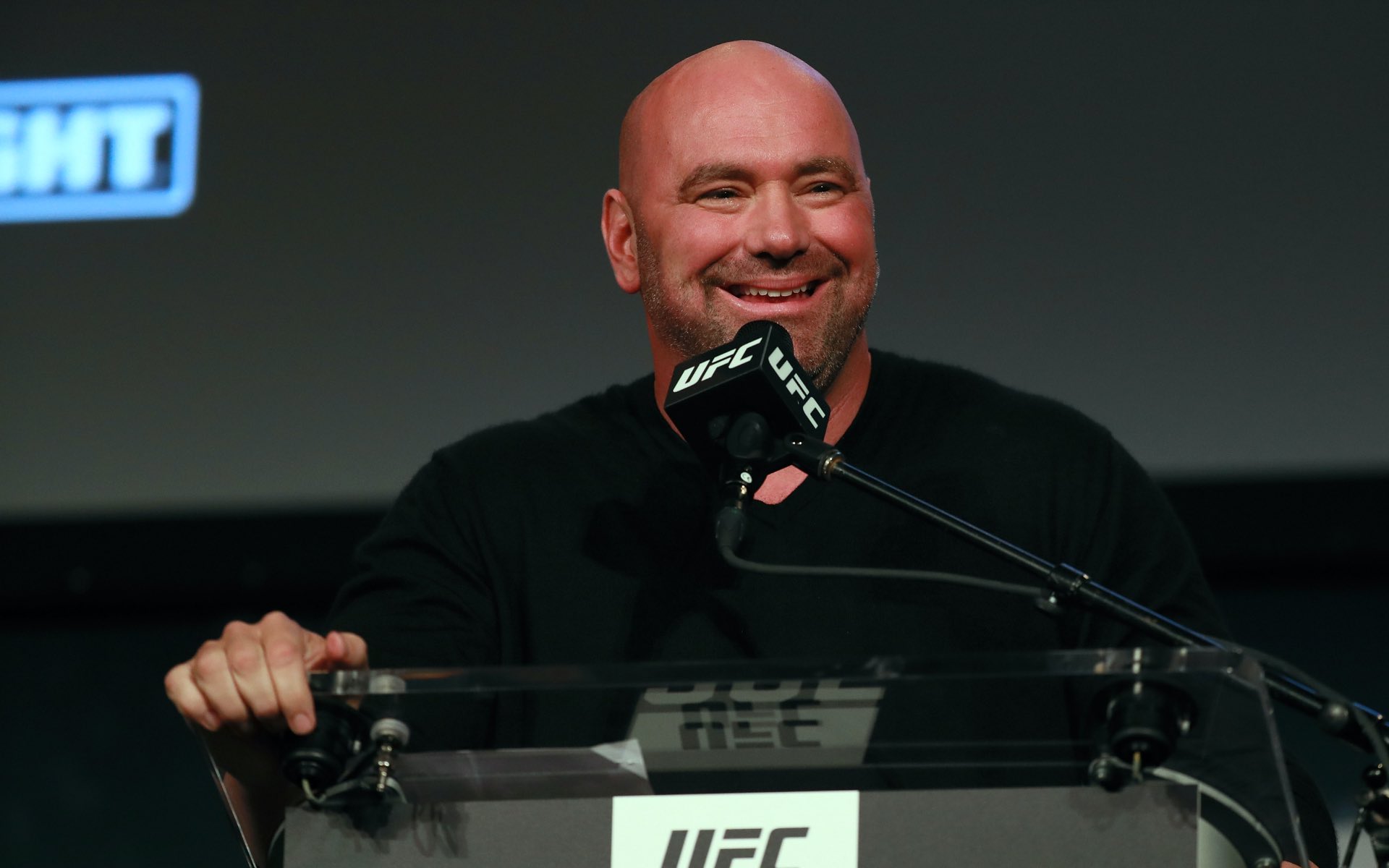Tracing Vince MacMahon’s Impact on WWE’s “Golden Era”
In the world of professional wrestling, there is one name that reigns supreme: Vince K. McMahon. As the successor to his father, Vince J. McMahon, he took control of the World Wrestling Federation (WWF) and transformed it into the global phenomenon known today as World Wrestling Entertainment (WWE). Through his visionary leadership and unwavering determination, McMahon revolutionized the industry, leaving an indelible mark on sports entertainment.
Vince MacMahon’s Impact
Building the Foundation
In 1980, McMahon established Titan Sports, Inc. and set out to make the WWF the premier wrestling promotion worldwide. Recognizing the need for a centralized and unified approach, he made strategic moves to realize his ambitious vision. One pivotal step was the acquisition of Capitol Sports, the parent company of the WWF, which laid the groundwork for his groundbreaking expansion plans.
Changing the Game
Vince McMahon implemented various changes that forever altered the landscape of professional wrestling. One of his key strategies was to secure syndicated television coverage for WWF programming across the United States. Although this move upset other promoters and disrupted established territories, it proved to be a game-changer. By generating revenue through advertising, television deals, and tape sales, McMahon had the financial resources to attract top talent from rival promotions, solidifying WWF’s dominance.
Bringing in Icons
To achieve national prominence, McMahon pursued larger-than-life superstars who could transcend the wrestling world. The signing of Hulk Hogan, who was already a popular figure outside of wrestling due to his role in “Rocky III,” marked a turning point. Hogan’s charismatic persona, coupled with the acquisitions of notable talents like Roddy Piper, Jesse Ventura, and Andre the Giant, propelled WWF to unprecedented heights.
Business Acumen and Expansion
McMahon’s business acumen extended beyond talent acquisition. He secured lucrative television deals that allowed WWF to reach audiences nationwide, expanding its influence. Additionally, McMahon launched Coliseum Video, enabling the distribution of WWF event tapes beyond the Northeast, further broadening the promotion’s reach. These strategic moves forced other wrestling promotions to directly compete with WWF, sparking a new era in wrestling entertainment.
The Birth of WrestleMania
Recognizing the importance of national touring, McMahon took a bold gamble in 1985 with the introduction of WrestleMania. This groundbreaking concept proved to be a resounding success. WrestleMania became the ultimate pay-per-view extravaganza, marketed as the Super Bowl of professional wrestling. With the help of MTV’s joint-promotional campaign, McMahon attracted mainstream attention by incorporating celebrities such as Muhammad Ali, Mr. T, and Cyndi Lauper into the event.
The Era of Entertainment
Throughout the 1980s, McMahon’s focus on entertainment, rather than a strictly sports-oriented approach, paid off immensely. Hulk Hogan’s crossover appeal and portrayal as an all-American hero captivated mainstream audiences. This momentum propelled the WWF into a global phenomenon, ultimately giving rise to the WWE as it is known today.
Watch Vince McMahon’s craziest WWE moments below:
Conclusion
When it comes to WWE’s rise as a global sport, one figure stands out above all others: Vince McMahon. His visionary leadership, strategic decisions, and relentless pursuit of entertainment transformed the industry. McMahon’s impact on professional wrestling is immeasurable, and his legacy continues to shape the WWE’s success as a global powerhouse in sports entertainment.




